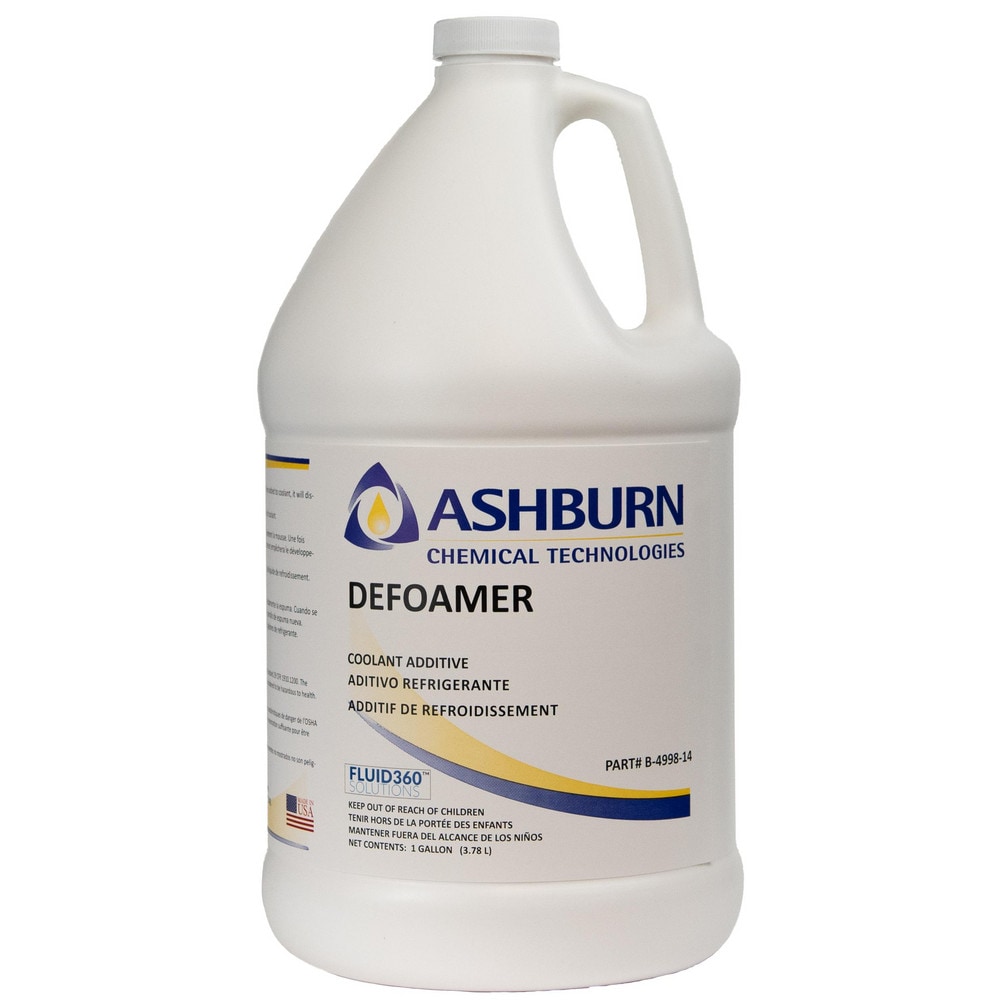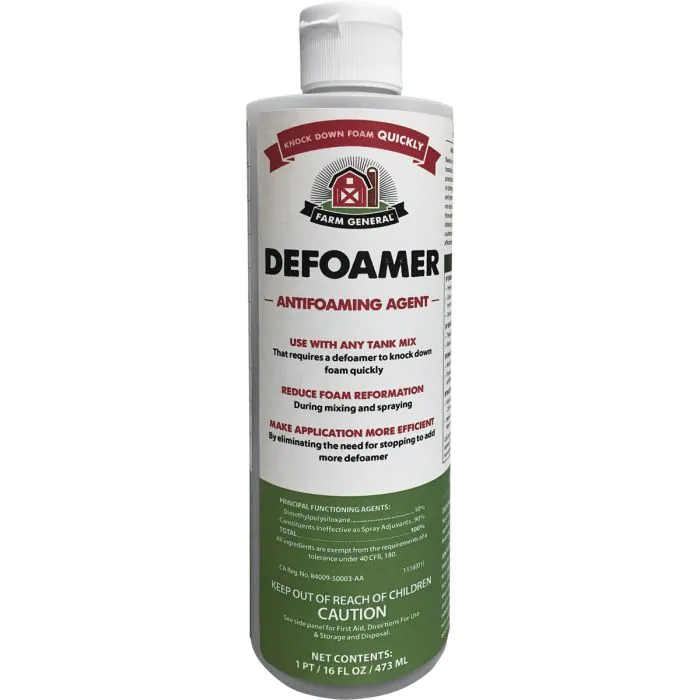The Importance of Chemical Defoamer in Water Treatment Management
The Importance of Chemical Defoamer in Water Treatment Management
Blog Article
The Importance of Making Use Of a Chemical Defoamer in Various Applications
The application of chemical defoamers is a crucial factor to consider across several industries, including food handling, wastewater therapy, and drugs. These representatives play a critical role in mitigating foam formation, which can prevent performance and concession product quality.
Comprehending Foam Development
Foam formation is a complicated physical sensation that happens when gas bubbles are caught within a fluid matrix, causing the creation of a steady structure. This process can be affected by numerous factors, including the viscosity of the liquid, the surface stress at the gas-liquid user interface, and the presence of surfactants. Surfactants reduced the surface area stress, advertising bubble development and stablizing, which frequently brings about the development of foam in several industrial processes.
Foams are commonly experienced in applications such as food manufacturing, wastewater treatment, and chemical manufacturing. In these contexts, foam can act as an insulator, hinder blending processes, or impede the efficiency of equipment. The stability of foam is established by the equilibrium in between the pressures acting to stabilize the bubbles and those that advertise their collapse.
Comprehending the technicians of foam development is critical for properly handling its existence in numerous systems. By understanding the underlying principles, industries can develop techniques to alleviate undesirable lathering, thus enhancing functional efficiency and item high quality. This foundational knowledge offers as a precursor to checking out the utility of chemical defoamers, which specifically address foam-related difficulties in many applications.
Advantages of Chemical Defoamers
Chemical defoamers provide significant benefits across numerous industries by effectively lowering and controlling foam formation. Among the primary advantages is enhanced operational efficiency. By minimizing foam, chemical defoamers help keep optimal production prices and minimize downtime associated with foam management. This is specifically critical in processes where too much foam can hamper machinery or interrupt operations.
Furthermore, chemical defoamers add to boosted product top quality. Frothing frequently leads to incongruities in formulations, which can negatively affect the end product. By controlling foam levels, defoamers guarantee harmony, thus enhancing the overall top quality of the outcome.
Cost-effectiveness is another significant advantage (Chemical Defoamer). By decreasing the quantity of basic materials needed for production and decreasing waste, chemical defoamers can cause substantial financial savings. In addition, they usually permit decreased power intake, as procedures can run much more efficiently and need less treatment.
Applications in Food Handling
In the food handling sector, efficient management of foam is essential to make sure both product top quality and functional efficiency. Foam can disrupt various procedures, from blending and blending to packaging, causing decreased returns and potential contamination. Chemical defoamers play a critical function in mitigating these issues by swiftly breaking down foam, enabling smoother procedures and improved item consistency.
In applications such as dairy products handling, defoamers prevent excess foam development during the manufacturing of yogurt, cheese, and milk, which can interfere with equipment and influence the texture of the final item. In a similar way, in brewing and fermentation processes, foam control is vital to maintain the stability of the drink and ensure optimal fermentation prices.
Furthermore, chemical defoamers are used in food sauces, dressings, and emulsions to improve the stability and look of the last items. By minimizing foam during production, manufacturers can achieve far better blending and dispersion of active ingredients, causing superior top quality. On the whole, the incorporation of chemical defoamers in food processing is essential for preserving effectiveness, top quality, and safety and security in food manufacturing.
Duty in Wastewater Therapy
Reliable foam administration is similarly crucial in wastewater therapy procedures, where extreme foam can impede procedures and complicate the treatment of effluents. In numerous wastewater treatment facilities, foam can form as an outcome of organic task, surfactants, or various other natural materials present in the influent. This foam can lead to a series of operational challenges, consisting of lowered therapy efficiency, increased upkeep needs, and prospective regulative compliance problems.
Chemical defoamers play an important function in alleviating these challenges. By decreasing the surface stress of the fluid, defoamers advertise the collapse of foam structures, thus facilitating smoother procedure of equipment such as aeration containers and clarifiers. Their timely application helps keep ideal hydraulic problems, enhancing the overall performance of solids splitting up processes.

Effect On Pharmaceutical Production
Foam control is essential in pharmaceutical production, where the existence of excessive foam can interrupt producing processes and compromise product high quality (Chemical Defoamer). The development of foam throughout different stages, such as mixing, blending, and fermentation, can lead to inefficient mixing, poor warmth transfer, and also devices damage. These concerns not just lead to operational delays but can additionally cause significant financial losses and influence conformity with rigid regulative criteria
Chemical defoamers are especially created to reduce these challenges. By effectively reducing foam formation, they boost process efficiency and maintain the stability of the end product. In certain, defoamers ensure constant dosage types, enhance the stability of solutions and suspensions, and enhance cleaning procedures by protecting against foam accumulation in equipment.
In addition, making use of defoamers can maximize the return of energetic pharmaceutical active ingredients (APIs) by promoting far better removal and purification procedures. As pharmaceutical companies aim to improve item high quality while lessening manufacturing expenses, the role get redirected here of chemical defoamers comes to be increasingly essential - Chemical Defoamer. Their unification right into manufacturing methods not only sustains compliance with Good Production Practices (GMP) however additionally promotes technology and competitiveness in a swiftly advancing industry

Final Thought

Chemical defoamers supply significant benefits across various sectors by efficiently managing and decreasing foam formation. By decreasing foam, chemical defoamers help preserve optimal production rates and reduce downtime connected with visit this site right here foam monitoring. Chemical look what i found defoamers play a critical role in mitigating these issues by rapidly breaking down foam, enabling for smoother operations and improved product uniformity.
Efficient foam management is similarly essential in wastewater therapy processes, where excessive foam can hinder operations and complicate the therapy of effluents.Foam control is important in pharmaceutical production, where the existence of too much foam can disrupt manufacturing procedures and concession product top quality.
Report this page